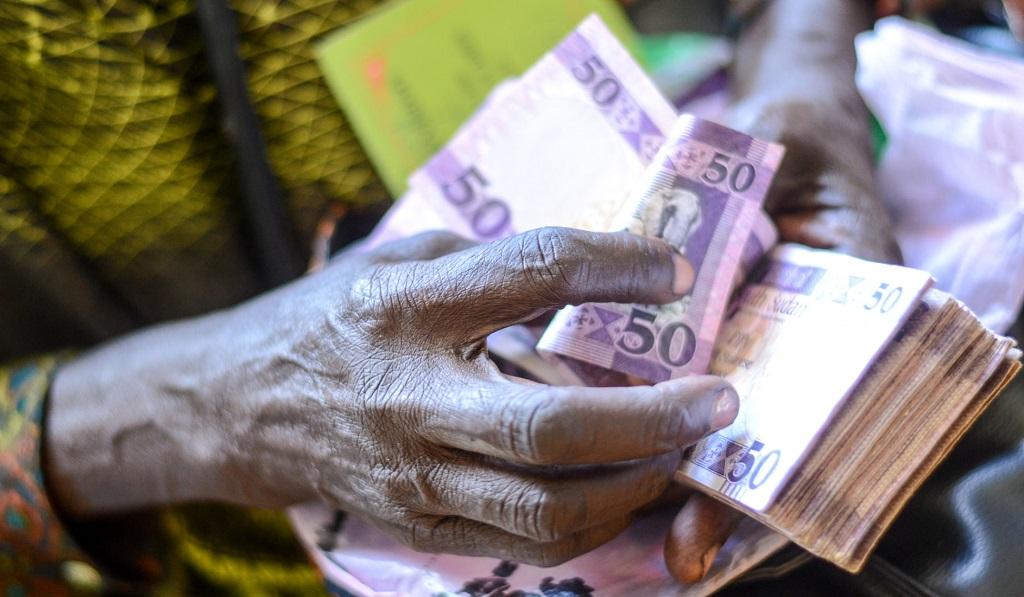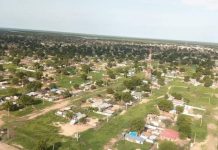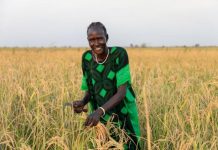Africa-Press – South-Sudan. South Sudanese local traders blamed the high exchange rate of the U.S dollar against South Sudanese Pounds on a hike in prices of commodities in the markets.
“In fact, the current increase in prices has an upset market, and the market is not running, and as traders, we are just sitting idly in the shops,” Moses Sule, a trader at Suk Libya market told Sudans Post reporter on Thursday.
“You stay till you fall asleep, and the reason why people are not buying could be that there is no money in their hands.”
“The increase in prices is coming from above; it starts with taxes and the dollar rate. The hard currency has increased so much.”
Sule stressed the need to regulate the prices of essential commodities in the market.
“The market price needs to be regulated so that prices are reduced, we do not want the increases to increase, the customers cannot buy, and we need reasonable prices so that the customers can buy.”
The local currency has been falling drastically against the Dollars, shooting up the roof for the cost of living for ordinary citizens.
According to the latest exchange rates of the Central Bank, one SSP is now selling at 472 U.S dollars as of the 1st of June.
The high exchange rate has also pumped up prices of fuel with a little petrol jumping from SSP 450 to between SSP 650-8700.
Economists cite the spillover effect of the Ukraine – Russian war; others equated the situation to the ongoing sub-national conflict.
Despite the attempts by the Central Bank to inject more hard currency into the market by auctioning U.S dollars through commercial banks and forex bureaus, the exchange rate against the dollar remains high.
Another local trader who owned a shop at Nyakuron market, Assam Mohamed Ahmed, said that “The main problem affecting business is inflation; the increase in prices is due to increase dollar rate.”
Mohamed urged the Central Bank to fix the exchange rate of the U.S dollar against the pounds in order to control inflation.
“We want the dollar rate to be controlled and the prices will definitely be controlled, and when the dollar rate comes down, the price of basic commodities will also come down.”
Other traders blamed the skyrocketing prices on the multiple taxes levied by Juba City Council.
“The living cost is really going up, and there is no money,” Jackeline Poni, a customer Sudans Post reporter met at Libya Market said.
“The prices in the market are increasing every day, our call to small or large scale businesses is that we want prices to come down,” she said.
“We want the market process to be reduced because we want to feed our children. The cost of living is very too high, we are suffering because there is no food. We want the government to regulate prices so as to improve our cost of living.”
South Sudan is a landlocked country that relies entirely on imported goods from members of the East African Community.
Since becoming part of the East African Community, the African youngest nation has been complaining about multiple taxes impacting market prices.
Robert Pitia, Central Equatoria Chamber of Commerce warned unscrupulous businessmen against taking advantage of the rising demand for foodstuff to hike prices.
“We need change so that lives of our women and young people can change so that they can support their families because increasing prices anyhow is not goods. You should not increase prices,” Pitia warned unscrupulous traders.
For More News And Analysis About South-Sudan Follow Africa-Press






